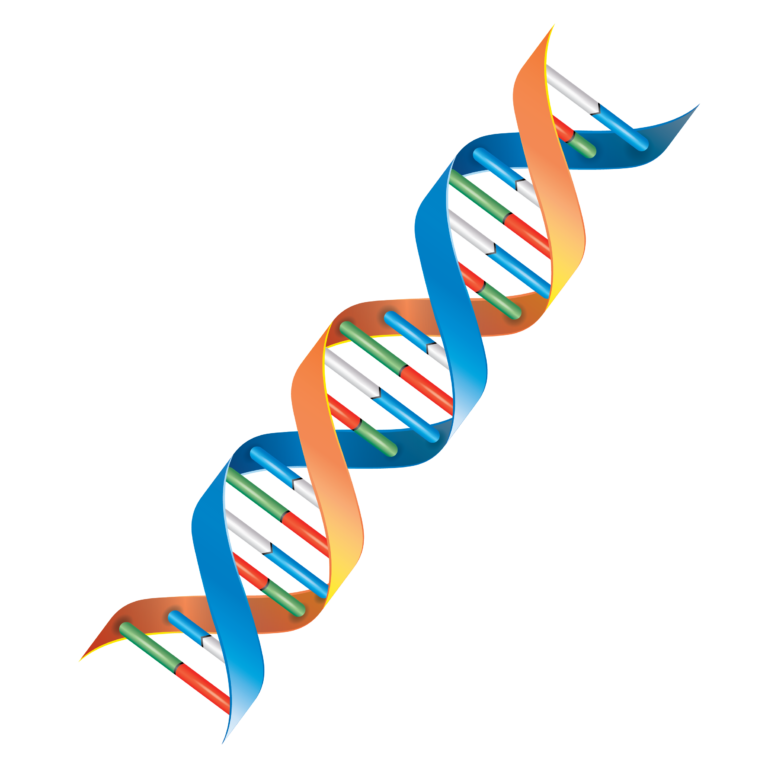Health
Overall The Boston Terrier is generally a hardy, healthy and active breed. Their life expectancy averages around 12 years. There are however a few health problems in The Boston Terrier which reputable breeders are doing their very best to wipe out. A responsible breeder will always be willing to discuss relevant health issues. Breed Clubs and experienced breeders are useful sources of information on health issues in The Breed.
Details of the various screening schemes, both veterinary and DNA, that are available to breeders in the UK can be found at:
The Kennel Club ~ Dog Health
At the absolute minimum, to ensure the probability of producing healthy puppies, any breeding stock should be tested for the conditions below…
JHC (HC-HSF4) Juvenile Cataracts
A simple DNA Test distinguishing between clear, carrier and affected dogs.
Juvenile Hereditary Cataracts (JHC) cause a clouding of the lens of the eye due to a breakdown of tissue in the eye. This condition generally results in an inability to see clearly and can cause total blindness. In canines, cataracts are often familial; this is known as Hereditary Cataracts. A mutation in the HSF4 gene causes this type of cataracts in several breeds of dogs. In this case, the dog is typically affected bilaterally. This means that both eyes are affected by the cataracts. The cataracts associated with HSF4 also occur in the posterior region of the lens. They usually start by being small and grow progressively, though the speed of growth is highly variable. Some cataracts will grow so slowly that the dog’s vision remains relatively clear, while others will grow such a way that the dog will quickly go blind. Corrective surgery is possible, though it is costly and is not always effective.
Clear dogs: have no copies of the mutant gene responsible for the condition and will neither develop the condition nor pass the gene on to their offspring. These dogs can be bred from.
Carrier dogs: have one copy of the normal gene and one copy of the mutant gene; they will not develop the condition, but will pass a mutant gene on to approximately half of their offspring.These dogs can be used in your programme, ensuring the mate is neither carrier or affected.
Affected dogs: have two copies of the mutant gene that causes the condition and will develop the disease, these dogs should never be used in a breeding programme.
*It should be noted that not all cataracts are hereditary. Cataracts can also be caused by old age or injury. Also, cataracts that occur in different regions of the lens can also be familial, however, are not attributed to this gene mutation.*
British Veterinary Association ~ Eye Scheme
Eye Test (BVA/KC/ISDS)
The Eye Scheme was established in 1966 as a means of identifying inherited and non-inherited eye conditions in dogs. It is a clinical eye examination carried out by expert veterinary surgeons. The Scheme is open to all dogs and breeds including crossbreeds and non-Kennel Club registered dogs.
A yearly screening programme for: non-congenital eye conditions (inherited conditions that develop later in life).
Patellar Luxation
This is one of the more common orthopaedic health issues that affect many breeds including the Boston Terrier and can be costly to surgically repair. If left untreated, it can lead to all sorts of problems involving the anterior cruciate ligament. This is a simple manipulation test that many vets can perform in house after one year of age.

